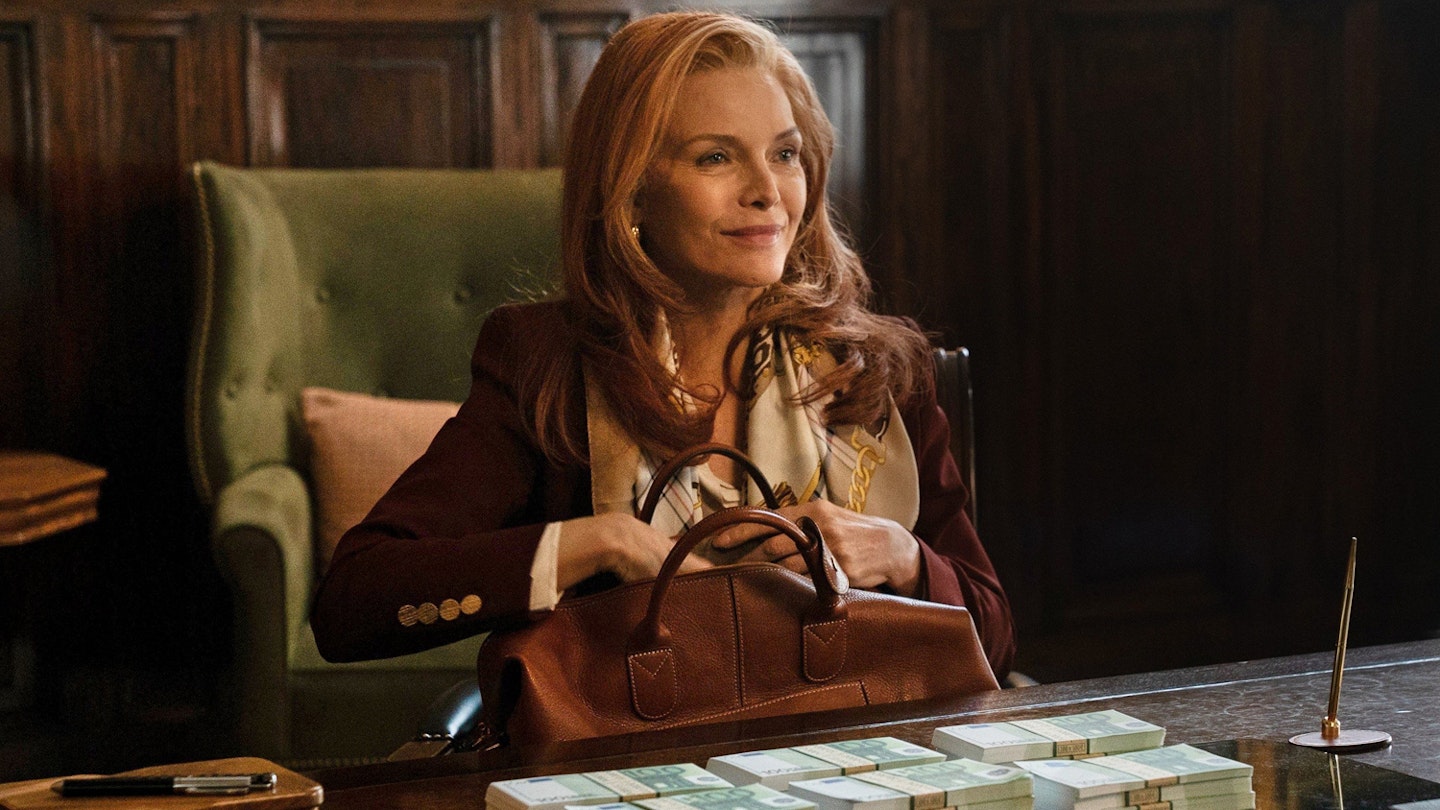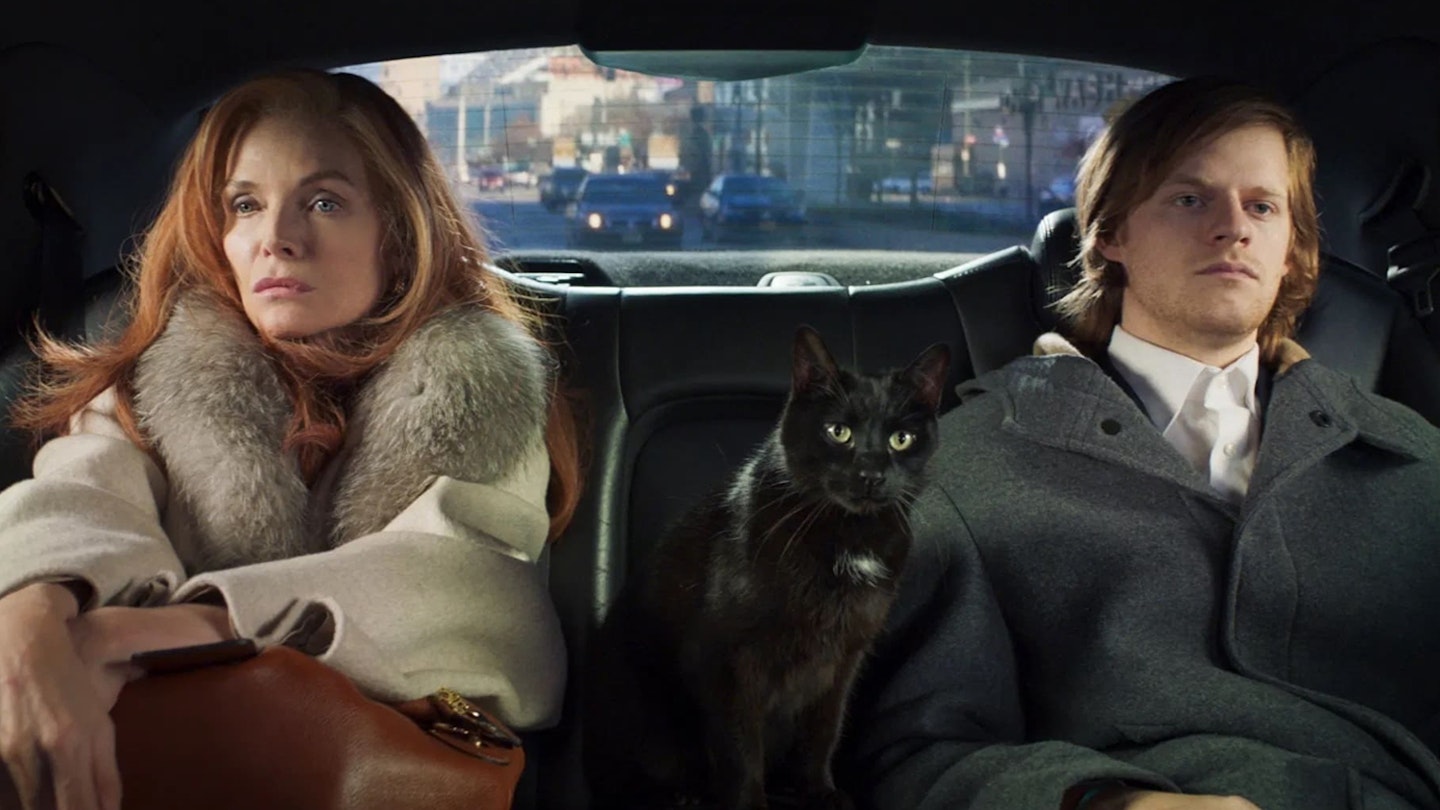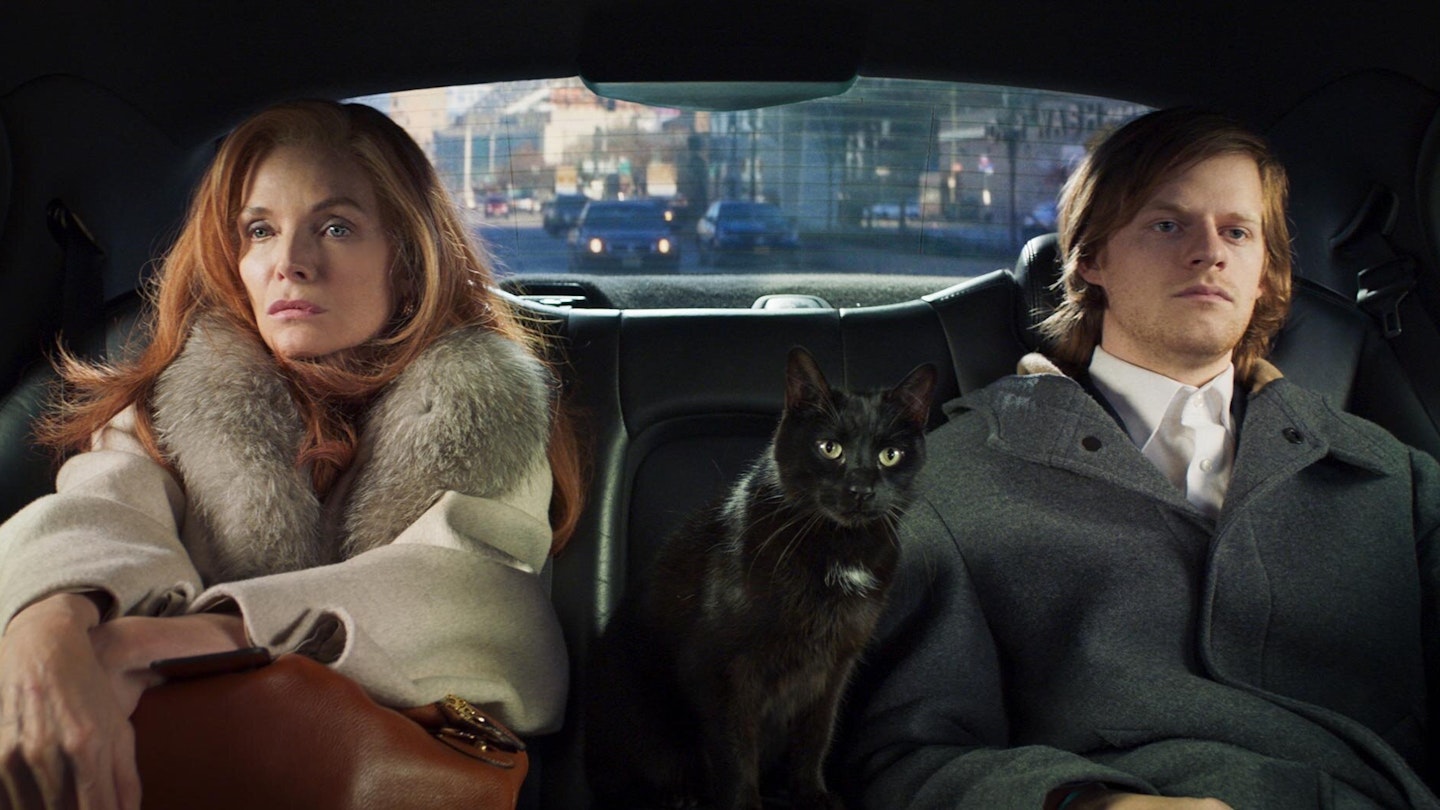There’s a moment in French Exit where Frances (Michelle Pfeiffer), the film’s widowed lead, remarks to her best friend, “My life might be riddled by clichés, but you know what a cliché is? It’s a story that is so fine and thrilling that it has grown old in its hopeful retelling.” Whether that line was intentionally meta or not, it doesn’t stop screenwriter Patrick deWitt’s adaptation of his novel of the same name from being just as cliché-ridden, and tiresome to boot.

The desperate financial straits of the wealthy is a well-trodden trope on the page and the screen, from Jane Austen’s Persuasion to Trading Places. Rich people become poor and the audience is expected to empathise as they adapt. French Exit leans into a more Schitt’s Creek by way of The Royal Tenenbaums approach, but never quite delivers the same originality or off-beat humour.
This is 100 per cent the Pfeiffer show, but it’s a struggle to care about Frances’ one per cent problems.
Frances is a glamorous socialite who only took an interest in her son after her husband’s death. Several years later, they have spent all of the inheritance, but there are enough people around willing to help in Frances’ time of need, despite her acerbic manner and questionable judgement following her husband’s death. After Frances has quietly auctioned off her assets for cash, her best friend offers up her Parisian apartment so Frances can escape the impending gossip of Manhattan society. Everything is smooth sailing as she and her son Malcolm (Lucas Hedges) set sail for France on a cruise liner, with hundreds of thousands of euros and a pet black cat.
Hedges displays a sedate reserve that works well for his disaffected young man with mummy issues, but his paper-thin romantic plot, involving Imogen Poots as his frustrated fiancée Susan, is forgettable. Pfeiffer, meanwhile, exudes the nonchalance of privilege to great effect. She delivers Frances’ dialogue with leisurely indifference and her withering looks are masterful to behold. This is 100 per cent the Pfeiffer show, but it’s a struggle to care about Frances’ one per cent problems, and her performance falls flat when moments of eccentricity are called for.
This is more to do with drab direction on Azazel Jacobs’ part. The meandering pace, dull lighting and framing make for a lacklustre world for Frances to inhabit, the only glint coming from Nick deWitt’s piano score. Maybe the dreariness was deliberate, to show the glamour has long faded from her life, but it also makes for a visually less interesting, fatiguing story and dampens much of the script’s attempts at surrealism and wit. One that half-heartedly delivers characters that are not nearly as funny, intriguing or quirky as deWitt thinks they are, including Danielle McDonald’s underdeveloped fortune-teller and Valerie Mahaffey’s Madame Reynard, a somewhat pathetic Frances fangirl. By the film’s end, it has diverged from the explicit resolution of deWitt’s novel to something more ambiguous. A flat note to end on in a film filled with clichés about wealth, class and family, unimaginatively retold.

